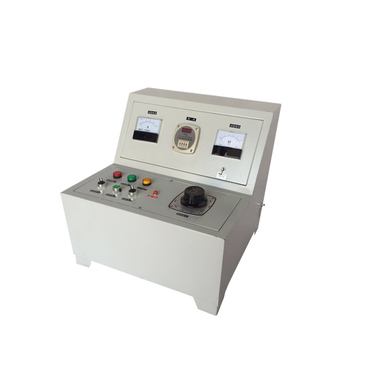Thermal Elongation Testing Methods for Cables in China and Their Engineering Implications
Thermal Elongation Test for Cables in China
Thermal elongation tests are critical assessments used to measure how effectively materials, particularly cables, maintain their integrity under varying temperature conditions. In China, a country renowned for its vast manufacturing capabilities, the significance of such tests cannot be overstated, especially in the cable industry, which supports various sectors including construction, telecommunications, and energy.
Cables are subjected to a range of thermal and mechanical stresses throughout their lifecycle. As materials heat up, they undergo physical changes, which can lead to dimensional variations. The thermal elongation test evaluates how much a cable stretches or expands when exposed to elevated temperatures. This property is fundamental for ensuring the reliability and safety of cables that may experience extreme temperature fluctuations.
Thermal Elongation Test for Cables in China
In China, the implementation of thermal elongation tests follows strict industry standards. The National Standards of the People's Republic of China (GB standards) outline the methodologies for evaluating thermal properties in electrical cables. These standards ensure that the cables manufactured are not only compliant with safety regulations but also perform adequately under real-world thermal conditions.
china cable thermal elongation test

The importance of thermal elongation testing extends beyond mere compliance; it also informs the design and material selection of cables. Engineers use elongation data to predict the performance of cables in applications where temperature changes are inevitable. For example, cables installed in industrial settings may experience rapid temperature shifts due to machinery operation, while outdoor cables must endure both heat from the sun and cold ambient conditions.
Moreover, thermal elongation tests can help identify potential failure modes in cables. If a cable shows excessive elongation, it may indicate a risk of mechanical failure, leading to insulation breakdown or even electrical hazards. Therefore, recognizing these characteristics during the testing phase allows manufacturers to implement necessary design alterations or select better-suited materials to mitigate risks.
The cable industry in China is also increasingly focused on sustainability. As companies strive to produce more energy-efficient cables, understanding thermal elongation becomes critical. Sustainable materials often have different thermal expansion characteristics. Thus, the thermal elongation test can play a vital role in ensuring that new, eco-friendly materials meet the performance standards of traditional options.
As the demand for high-quality and reliable cables continues to grow, particularly with advancements in technology and increased use of renewable energy sources, the thermal elongation test will remain a cornerstone in the quality assurance processes of cable manufacturing in China. The outcomes of these tests not only dictate the performance and safety of cables but also contribute to the overall competitiveness of Chinese manufacturers in the global market.
In conclusion, the thermal elongation test is an indispensable tool in the cable industry, particularly in China. By accurately assessing how cables respond to temperature changes, manufacturers can ensure product safety, reliability, and compliance with industry standards. As the industry evolves, embracing new materials and technologies, the role of these tests will be more crucial than ever in fostering innovation and excellence in cable production.
-
Why the Conductor Resistance Constant Temperature Measurement Machine Redefines Precision
NewsJun.20,2025
-
Reliable Testing Starts Here: Why the High Insulation Resistance Measuring Instrument Is a Must-Have
NewsJun.20,2025
-
Flexible Cable Flexing Test Equipment: The Precision Standard for Cable Durability and Performance Testing
NewsJun.20,2025
-
Digital Measurement Projector: Precision Visualization for Modern Manufacturing
NewsJun.20,2025
-
Computer Control Electronic Tensile Tester: Precision and Power for the Modern Metal Industry
NewsJun.20,2025
-
Cable Spark Tester: Your Ultimate Insulation Assurance for Wire and Cable Testing
NewsJun.20,2025
 Copyright © 2025 Hebei Fangyuan Instrument & Equipment Co.,Ltd. All Rights Reserved. Sitemap | Privacy Policy
Copyright © 2025 Hebei Fangyuan Instrument & Equipment Co.,Ltd. All Rights Reserved. Sitemap | Privacy Policy
